The first and only time I have ever done CPR on a real person was shortly after we moved into the Pal tribe. Isolated as they are from medical care, death was common for people from every demographic. At the time, we had seen a rash of women dying in childbirth, and since we were never invited to attend the actual birth, we usually only heard about the deaths second-hand. One day my coworker and I were walking back home after visiting a woman who had just had a baby, and after hiking for 45 minutes in the dark we heard the wailing start up that told us she had died. I remember sitting down on the trail where I was and just crying.
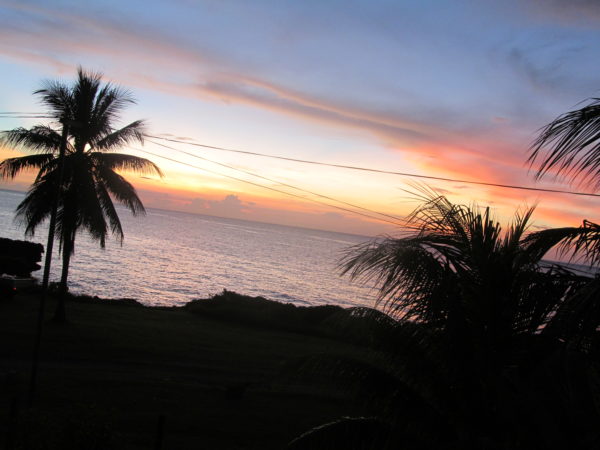
But during the CPR incident we hadn’t made it very far down the trail after our visit when the wailing broke out. My coworker and I looked at each other, then turned and ran back to the village we had just left. The new mother was on a jungle stretcher (vines suspended from two bamboo poles) because they were attempting to move her to a different house and she was too weak to walk. They said they knew she had died because her bladder had released, and they had set her on the ground and started mourning. We checked for a pulse: nothing. Checked for breathing: nothing. So we started CPR.
I know now that CPR in that situation was basically pointless. She had most likely died from loss of blood or preeclampsia or some other childbirth-related issue that we could not possibly diagnose or treat. And since there was no ambulance coming, trying to keep her brain alive with chest compressions was futile. But at the time I wasn’t thinking about those things. I was thinking that here was another husband who just lost his wife, and another newborn who would never see his mother smile at him, and another community which would be haunted by a death they attributed to evil spirits. I felt like I had to try something. Anything.
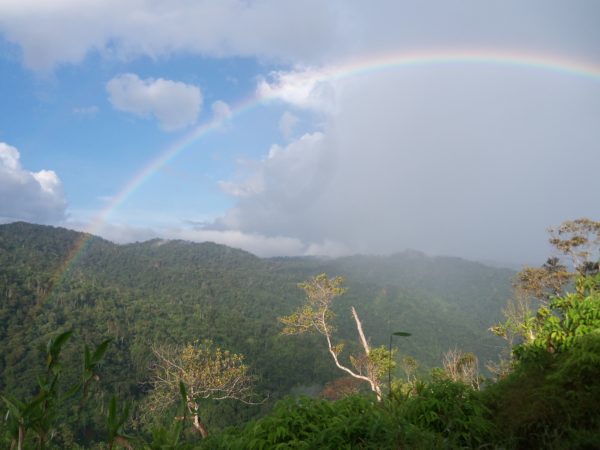
My coworker and I took turns doing compressions and breathing, while the other one would try to explain to the crowd in our limited Pal what, exactly, we were trying to accomplish. They had never seen CPR before. Not even on TV. They had no inkling about the basic facts of human anatomy, and I’m fairly positive that 100% of the people watching us thought we were performing some kind of magic ritual. But we carried on for I don’t know how long. 10 minutes? 20?
Nobody ever says this, but CPR is extremely intimate. You are putting your mouth on their mouth and putting your breath into their body. You are using all your strength to reach their heart through their ribs, and all of your focus is on that one person. I noticed things during those minutes that I have never forgotten. She had a hair stuck between two of her teeth. Her skin was warm. She had closed her eyes before she died. And every time I breathed into her lungs, a little air would come back out and vibrate her vocal chords so that I heard the softest, sweetest little sigh.
The story ends with a funeral. It’s not what we were going for, but such is life. I don’t know how God has used this episode in the lives of the woman’s clan members who were there that day, but I do know that He has used it and other events from our life in the bush to teach me two things.
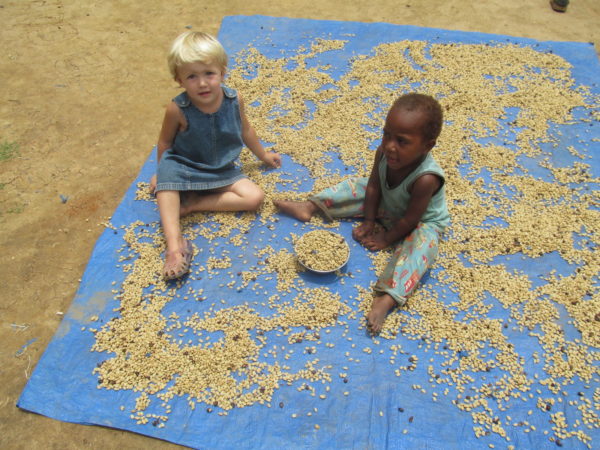
#1: People don’t save people–God saves people. I could have done CPR on that beautiful sunny morning until I could no longer move my arms, and unless an EMT crew with a defibrillator and a couple bags of blood turned up out of the jungle, that lady had no chance of coming back. In the same way, unless God’s Holy Spirit is working in someone’s heart, no amount of friendship and hugs or preaching and teaching or begging and pleading by me is going to save them. This realization lifted a great and weighty burden from me in the first years of ministry. I used to worry constantly that if I said or did the wrong thing, or if I offended someone accidentally that I would be responsible for them refusing to listen to the Gospel and then dying in unbelief. Mix that mindset with living in a place where you don’t know the language or have any understanding of the culture and it is a sure recipe for lots of stress. If you are in ministry today and plagued by guilt and worry that people will go to hell if you don’t do it right, then you need to hear this: God never asked you to save people. That is not your job. Don’t take the responsibility for another person’s salvation upon yourself; you cannot carry it. Be obedient every day—seek after God, love your neighbor, pray for the nations, preach the Gospel, teach your children—but let go of the worry that it all depends on you because it doesn’t. You may be faithfully doing the CPR, but it is God who is going to give that person new life.
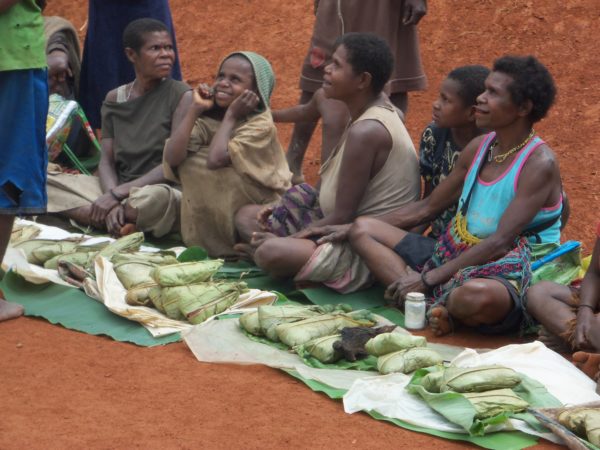
#2: Don’t downplay the importance of intimacy. As a missionary, I used to feel that if I didn’t engage someone about Jesus, I had wasted the encounter and hadn’t done my job. But I have since learned that investing in relationships for their own sake is a huge and necessary part of ministry. It is part of the job. Do we only call it “gardening” when the plants are finally growing? No. We call it gardening as soon as we start picking out the seeds and plotting out the veggie patch. In the same way, we shouldn’t think of ministry just in terms of how often you talked about Jesus or how many people came to your Bible study. Take the time to get to know people intimately. Invest in your relationship with your coworker. Love people tangibly, no matter what you do for a living, and be ready for the opportunities that God gives you within those relationships to talk about what Jesus has done for you. We were created for intimacy—it is built into our hardware–so if every once in a while your Jr. High girls’ small group discussion centers around how boys are weird instead of Jesus, that can be ok. Most ministry needs a foundation of intimacy.
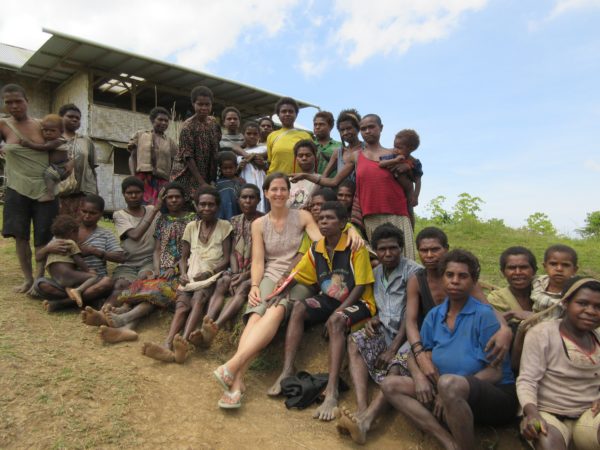
Thanks for praying for us. The kids will be wrapping up school in a couple of months, and there are plane tickets on the horizon. These transitions are always a lot of work, but we are looking forward to being back in PNG and working with the Pal church again soon.